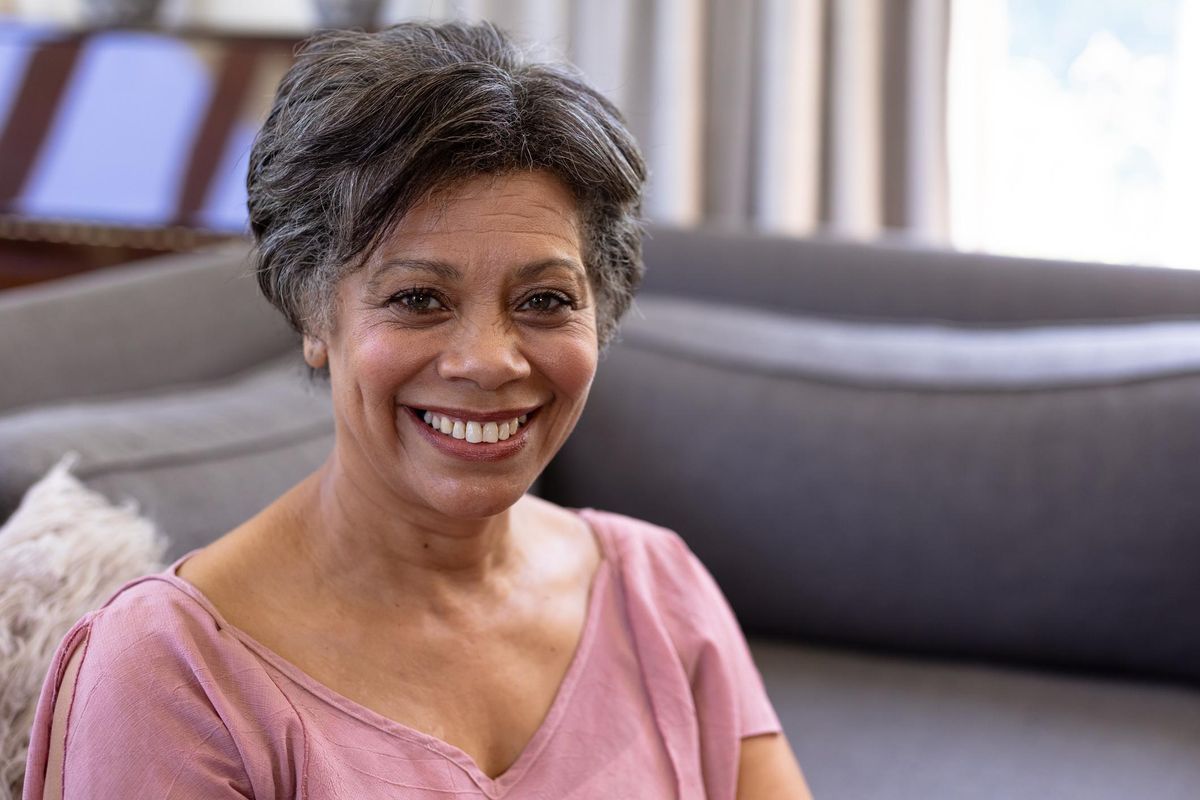
iStock.com/Wavebreakmedia
Your Guide to HIV & Aging
Thanks to modern treatments, people are living longer with HIV than they used to
26 Sep 2023
27 Nov 2023
Programs
Thanks to modern treatments, people are living longer with HIV than they used to
Thanks to modern treatments, people are living longer with HIV than they used to. Consider Rae Lewis-Thornton, who at age 59 is one of the 379,000 Americans over 55 living with HIV. "I never thought I would live this long. I never considered what this period would look like," she told HealthyWomen.
In our new education program, we explore HIV and aging, including the health challenges people with HIV face as they get older. Dr. Sharon Allison-Ottey explained, "If you get older and have HIV, it puts you at increased risk for heart disease — COPD (chronic obstructive pulmonary disease) in particular — lung disease, bone loss, osteoporosis and certain cancers." In our recent Real Women, Real Stories, read how Stephanie Brooks Wiggins became the unlikely face of HIV in her community, but felt liberated and empowered in her church group and larger community.
Living longer with HIV also means many face hurdles when it comes to getting treatment, stigma around the condition and the high cost of treatment. Reducing these barriers to care can make HIV/AIDS a chronic condition rather than a death sentence.
In our story, "It May Come as a Surprise, but Older Women Get HIV, Too," we explore the challenges patients with HIV/AIDS face and how one woman overcame them to get the care she needed. "I know you're going to feel like it's the end of the world, but it's not," Tracey Kelly said. "Live your life, take the meds, grab the bull by the horns."
This resource was created with support from BD, Gilead, Janssen and Merck.
Human Immunodeficiency virus (HIV) is a virus that attacks your immune system. If HIV is not treated, it can lead to acquired immunodeficiency syndrome (AIDS). Globally, half of all adults living with HIV are women, and women represent a higher number of newly diagnosed cases. In 2018, 51% of people in the United States with HIV were 50 and older – and that number continues to grow. People aged 50 years and older are more likely to have late-stage HIV infection at time of diagnosis therefore early diagnosis and prompt treatment is crucial. For more information, be sure to contact your healthcare provider and visit the links provided below.
HealthyWomen Resources
En Español
Additional Resources